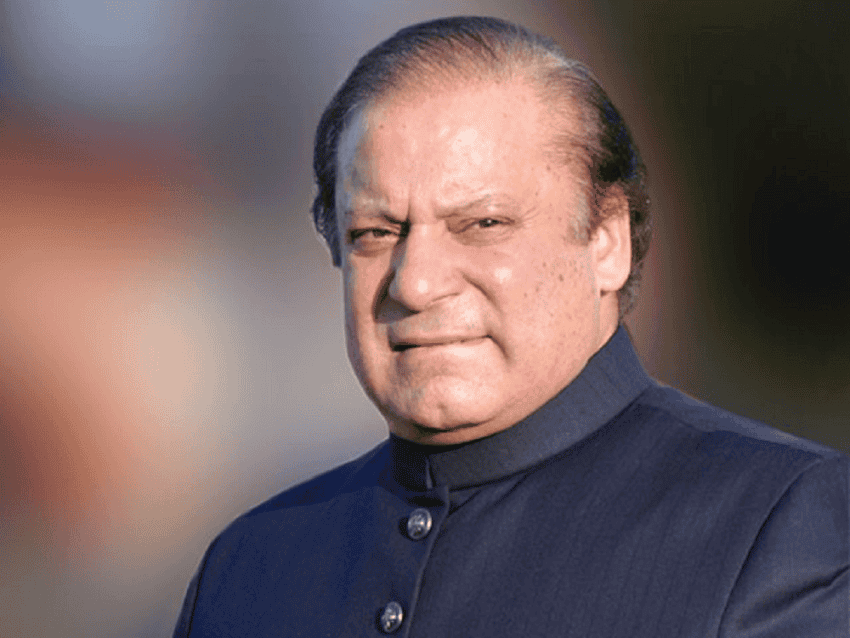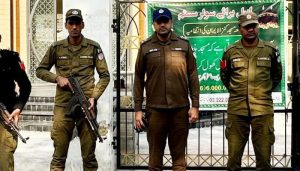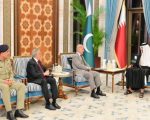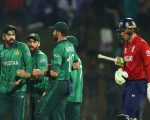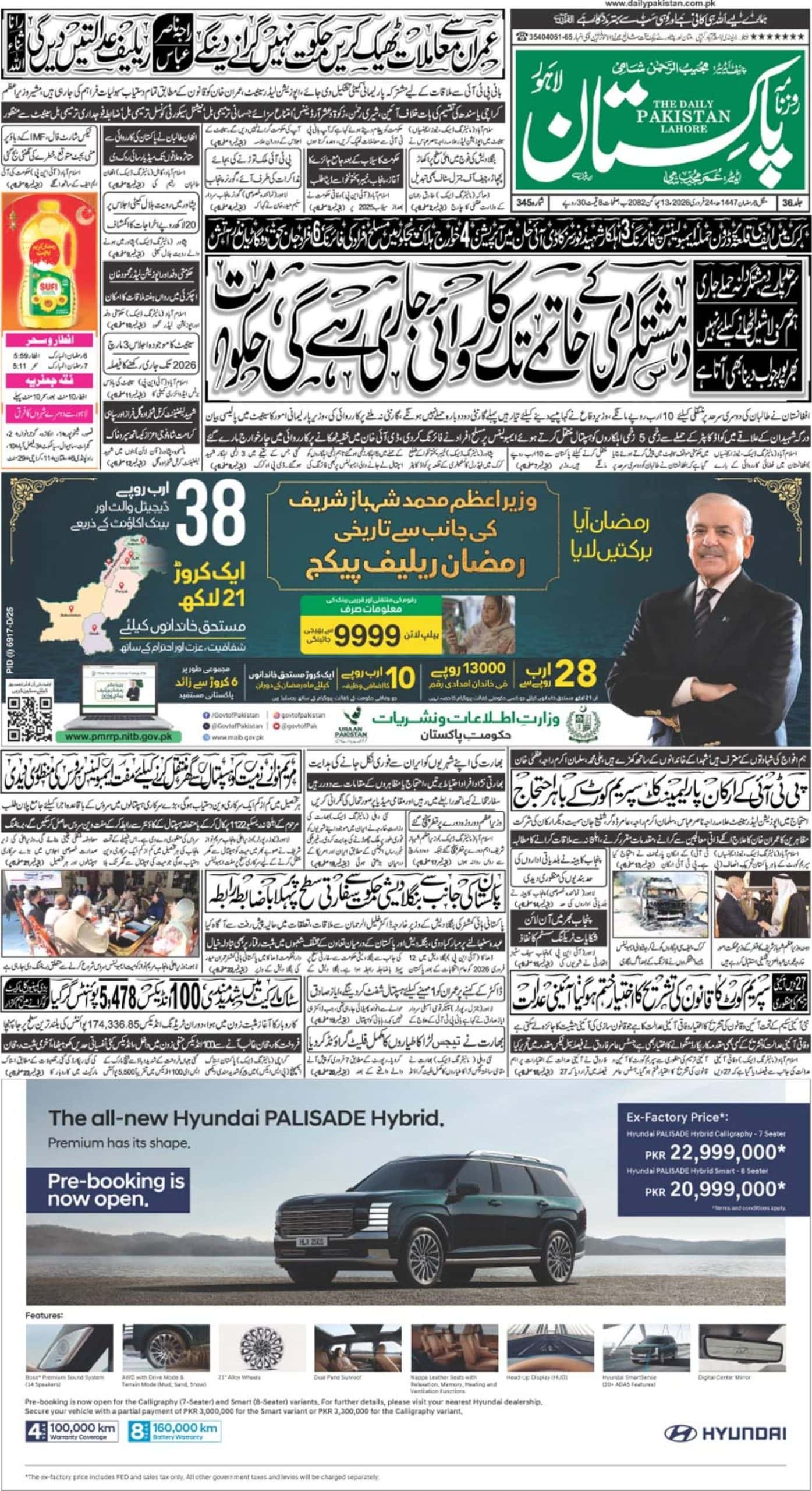The Sharif clan is innocent even if the judiciary or ICIJ decree otherwise, contend those who criticized him at the top of their lungs during his four-year rule. The undeclared wealth invested in offshore companies means little to them as everyone has skeletons in the closet. What has marred the discourse after July 29 Supreme Court is a set of entirely different assumptions! Documentary and circumstantial evidence are seen as the least important ones. No wonder the victim syndrome is hitting the ceiling and echoing a similar chorus.
The newest and the most bizarre assumption is that after Nawaz’s exit, the chances of normalization of the relationship between Pakistan and India have become bleaker. Ironically, Indian media began crying hoarse before Pakistani contributors followed suit.
Writing in The Washington Post, prominent Indian journalist Barkha Dutt disregarded the fact that there was no affirmative headway in the dialogue between India and Pakistan, but asserted that Nawaz “was attempting a renewed rapprochement; his India policy is certainly one reason why he was disliked by his army.” She does not cite any significant efforts by either side to substantiate her claim of Nawaz’s ambition of rapprochement. She concludes, “Indeed, in Pakistan, the military is the ventriloquist and politicians are the puppets. No elected prime minister has completed a full term.” Then the Indian analyst makes it ‘official’: “Pakistan’s military no longer needs martial law to control the nation.”
Indian geo-strategist Brahma Chellaney expressed his solidarity with Nawaz in very unambiguous terms. His twin tweets read, “Such are Pakistani deep state’s tentacles that the Supreme Court-established JIT included members of two military intelligence agencies . . . . It is unthinkable in any established democracy that a corruption probe against the PM would involve members of the military intelligence.”
Minhaz Merchant, the biographer of Rajiv Gandhi & Aditya Birla and advisor to Republic TV, made his dismay over the Supreme Court verdict very clear: “Pak SC verdict disqualifying Nawaz Sharif won’t alter Rawalpindi’s state policy of terrorism against India.”
From the Pakistani side, author and columnist Ayesha Siddiqa Agha sums up her article in scroll.in as follows:
“From the establishment’s perspective, the country has to fight a long drawn battle to gain influence in South Asia and against a diplomatic and political onslaught by India and the United States. This is not a time to see political actors on different pages. The effort will be to create the ethos of Modi’s India but packaged differently.”
Besides the fact that India rewarded instead of probed the rich individuals exposed in the Panama Papers, its prominent opinion-makers tend to ignore the prolonged due process that led to the final verdict of the Pakistani Supreme Court. Barkha’s article defied reasoning, while entering the realm of rhetoric and propaganda which The Washington Post editorial board did not find troublesome. Brahma and Minhaz took to Twitter and national TV to express no different perspectives.
Undoubtedly, Nawaz Sharif has been adopting an increasingly softer stance on India, which was hardly different from the approach that Asif Ali Zardari-led PPP government adopted for five years. The military general cooperated with the previous government which completed its term. Did Delhi capitalize on the softer stance of the previous government in Islamabad? Then there is the question of Nawaz Sharif’s four years in office. His tenure was marred by the false accusation of masterminding Pathankot attack, followed by bitter opposition to the China Pakistan Economic Corridor, specific threats by Modi and his courtiers of fueling insurgency in Balochistan, as well as a record number of violations of ceasefire along the Line of Control. The disgruntled premier did welcome Narendra Modi in his family palace near Lahore, thanks to the behind-the-scene efforts of an Indian steel tycoon.
When Indian navy Commander Kulbushan Yadav was arrested in Balochistan while travelling on a fake passport but authentic Iranian visa, the Pakistan premier and his party’s talking heads preferred to keep mum. Would any Indian intellectual regard similar behavior statesmanlike if Modi and his cabinet had opted to ignore the arrest of such a high-profile terror mastermind and a spy? The Indian citizen, who India denies to be a naval officer, was awarded the death sentence after his confessional statement. Yet, the PML-N president discreetly issued a visa to steel tycoon Naveen Jindal’s brother Sajjan Jindal, the man touted by Maryam Nawaz Sharif as a family friend. The interior ministry and the intelligence agencies were all caught by surprise. Moreover, the premier held closed-door meetings with him in Murree, a city for which a visa had not been obtained. Presumably, the subject under discussion was Islamabad’s lackluster response to India’s bid to challenge the Pakistani decision of Kulbushan’s death sentence in the International Court of Justice. If defying state security and bypassing the state institutions including the parliament on a matter so sensitive is statesmanlike, then surely Nawaz was one heck of a statesman.
What happened in India, meanwhile, is a textbook case of belligerence and hawkishness. Delhi mass mobilized troops along the Line of Control as well as the working boundary, and drummed up its war rhetoric while using Kabul to lash out at Pakistan for allegedly providing safe havens to militants. Iran’s Chabahar port may require a decade and billions of dollars of investment to become an active deep-seaport, but it continues to be used as a launching pad for subversive activities inside Pakistan, particularly in Balochistan.
If India was keen to move the normalization process further, four years were not a brief period of time. The key appointments in the military, which has gradually acquired great space in decision-making due to repeated failures of elected leaders’ will and capacity to combat terrorism since 2007, were made by Nawaz Sharif himself and were adhered to in letter and spirit.
The so-called statesman, Nawaz Sharif, did hide behind every foreign capital to cover up his tracks exposed by Panama Papers. First, it was Qatar, then the United Arab Emirates, Saudi Arabia and England. Nothing worked favorably yet the saga annoyed Pakistan’s core strategic allies.
As for Muslim solidarity, the Nawaz government continued Zardari’s pro-Iran policy of maintaining diplomatic relations with Syria’s Bashar al-Assad regardless of his use of chemical weapons or reliance on Tehran-trained and -hired Pakistani Shiite mercenaries. Islamabad could neither repair its ties with Afghanistan nor with the US. All along, Pakistan relied on a veteran financial wizard who was assisted by a former diplomat who became the casualty for his role in a media smear campaign.
India’s Sharif lovers can stop mourning for Nawaz still holds an iron grip on the party, which will govern the country till the 2018 general elections. Though Shahid Khaqan Abbasi has been chosen as the interim premier for 45 days, the parliamentary majority still stands with Sharif’s brother. Since none of the federal MPs is capable to fill Nawaz’s shoes as the chief executive, his younger sibling will quit the Punjab chief minister office to eventually become the premier.
It’s neither Sharif’s loss of power nor military’s praetorian tendency but India’s renewed and flawed over-confidence that hampers continuation of the normalization process. The Gujarati bachelor at the helm in Delhi seems happy with Hindutva-fueled populism. Peace figures nowhere in India’s priorities, be it with Pakistan or China.

